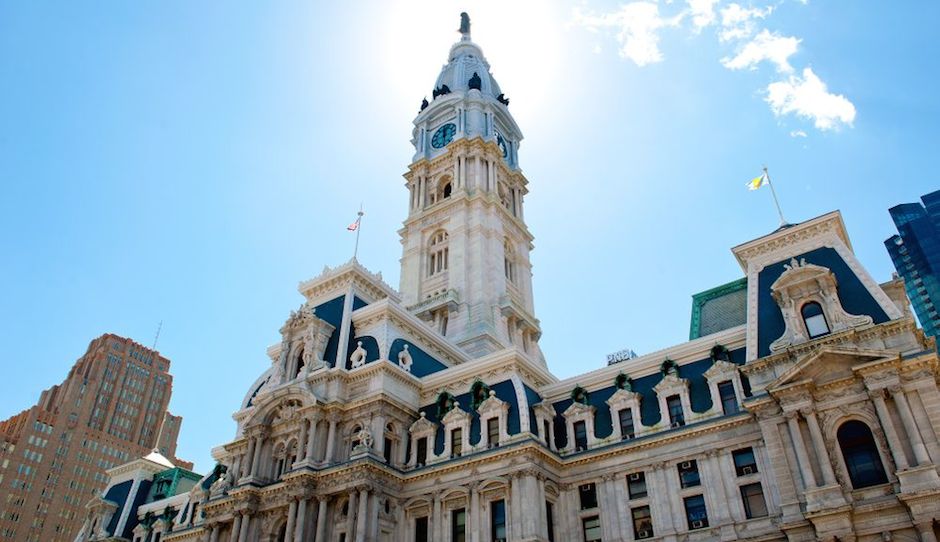State Examiner: City Can’t Just Change DROP
Two initial decisions by a state hearing examiner have found that the city of Philadelphia violated the law when it made changes to the Deferred Retirement Option Plan three years ago.
Overriding a veto by Mayor Nutter, City Council voted unanimously in 2011 to reduce the cost of the retirement program by tweaking its eligibility requirements and changing the way the interest rate is calculated on workers’ DROP accounts. Nutter vetoed the legislation only because he didn’t think it went far enough: He wanted to nix DROP altogether.
District Council 33 and District Council 47, which represent the city’s blue- and white-collar workers, promptly filed challenges to the law, arguing that the city could not unilaterally make changes to DROP without bargaining with the unions.
A hearing examiner for the Pennsylvania Labor Relations Board agreed with the unions, writing in both initial decisions last month:
Having considered the respective arguments of the Union and the City, I must conclude that the record in this case supports finding that the City violated its duty to bargain as set forth in Sections 1201(a)(1) and (5) when it enacted the 201l DROP ordinance amendment.
Sam Spear, a lawyer for District Council 33, says the union is pleased with the orders.
“[Union president] Pete Matthew testified before the bill was passed at City Council and he told them if you do this, it would be illegal,” he says, “The hearing examiner agreed with us 100 percent, and I think the labor board will agree with us 100 percent.”
Mark McDonald, a spokesman for Mayor Nutter, says the city has filed an exception to the initial decisions with the Pennsylvania Labor Relations Board. That means the hearing examiner’s orders will not go into effect yet, and it could be a year until the board makes a final decision on them.
The DROP changes have not gone into effect for most city workers anyway, since they were stayed after the unions challenged the law in 2011.
If the board rules in favor of the unions, the city can appeal to the Commonwealth Court.
Initial Ruling for District Council 33’s challenge
Initial Ruling for District Council 47’s challenge
Follow @HollyOtterbein on Twitter.



